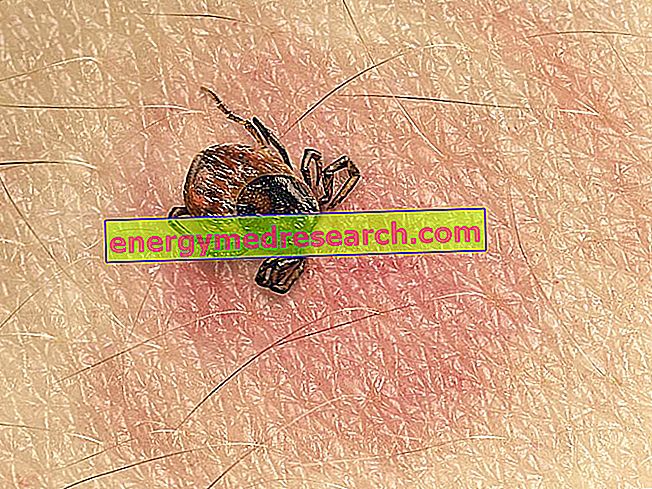
The Mediterranean button- borne fever is a disease caused by Rickettsia conorii and other rickettsias, bacteria transmitted by different species of " hard ticks ". The main vector is the Rhipicephalus sanguineus, which usually parasitizes dogs, rabbits, hares and other domestic and wild animals (sheep, goats and cattle). In Italy, cases are reported in the Mediterranean area, especially in the central southern and island regions.
The Mediterranean throbbing fever occurs 5-7 days after the bite of an infected tick. Onset is often abrupt and sudden, with fever (moderate to high) associated with flu-like symptoms (chills, headache, fatigue and general malaise). After 4-5 days, a typical skin lesion (the "button") appears at the point of inoculation, ie a small ulcer with a black central area and a red halo ( black eschar or " tache noire ").
The course of the disease is usually benign: the Mediterranean throbbing fever heals in a few days if timely and correct antibiotic treatment is used. Only in rare cases can complications of the cardiovascular, renal and central nervous systems arise.



